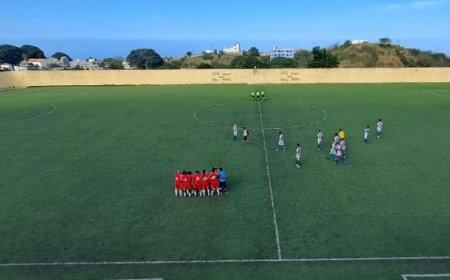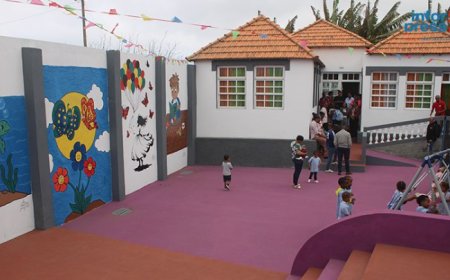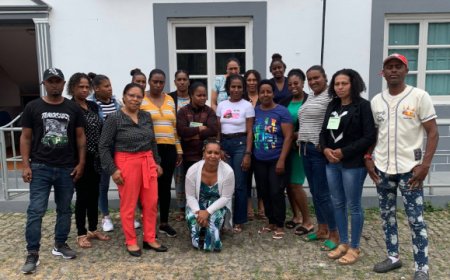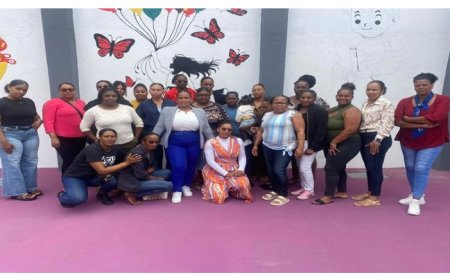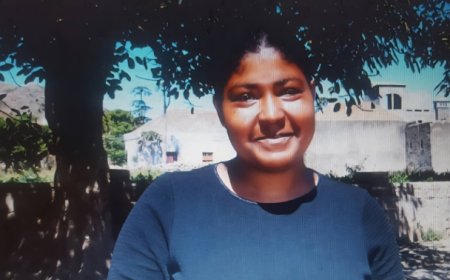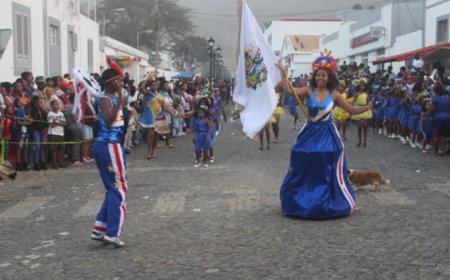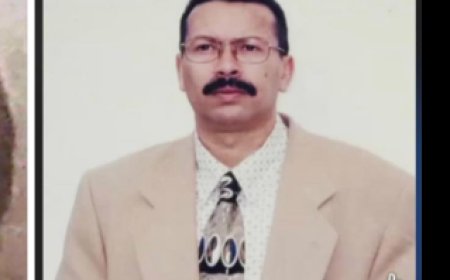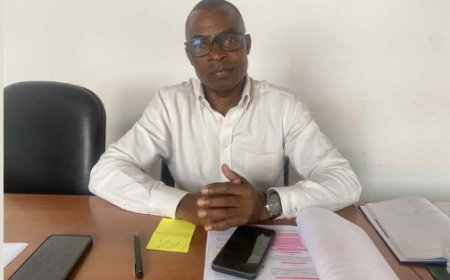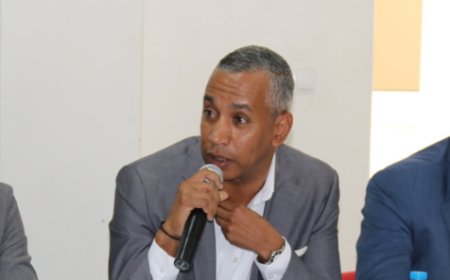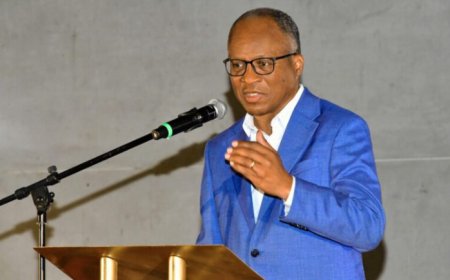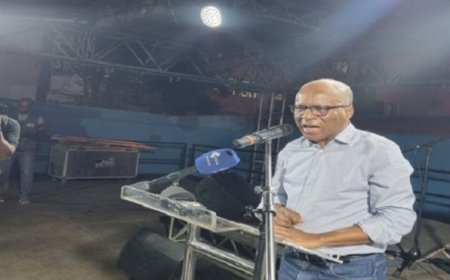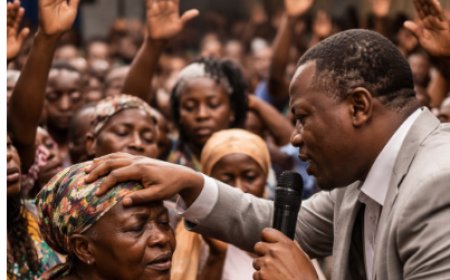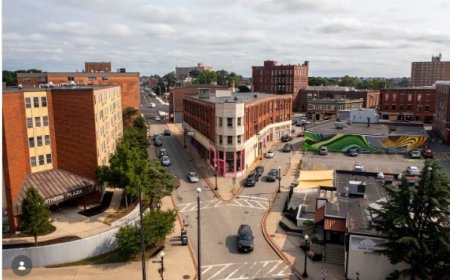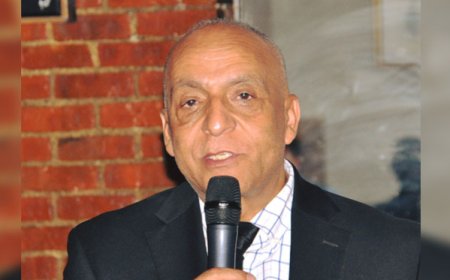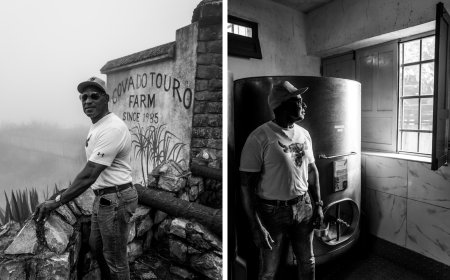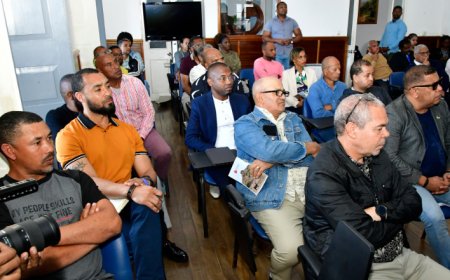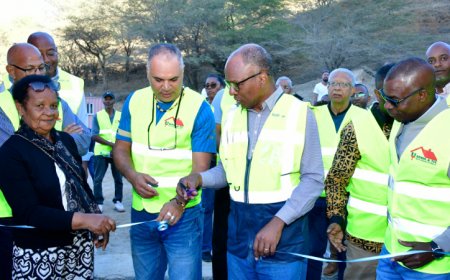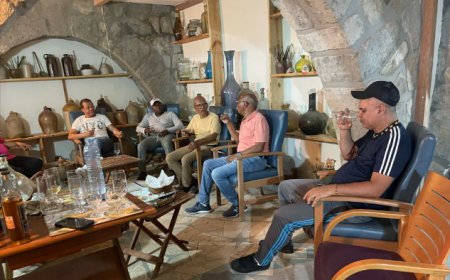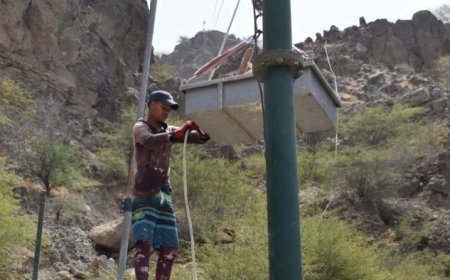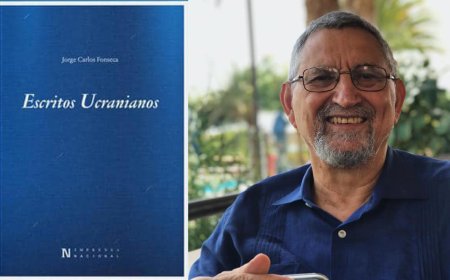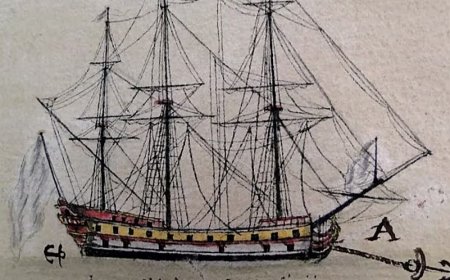Majority of Angolans and Cape Verdeans say Portugal should apologize and return colonial artifacts
A new poll reveals that the majority of citizens in Angola and Cape Verde believe that Portugal should apologize for its colonial past and return artefacts taken during that period. Although a significant part of the Portuguese support the return, the majority reject the apology.
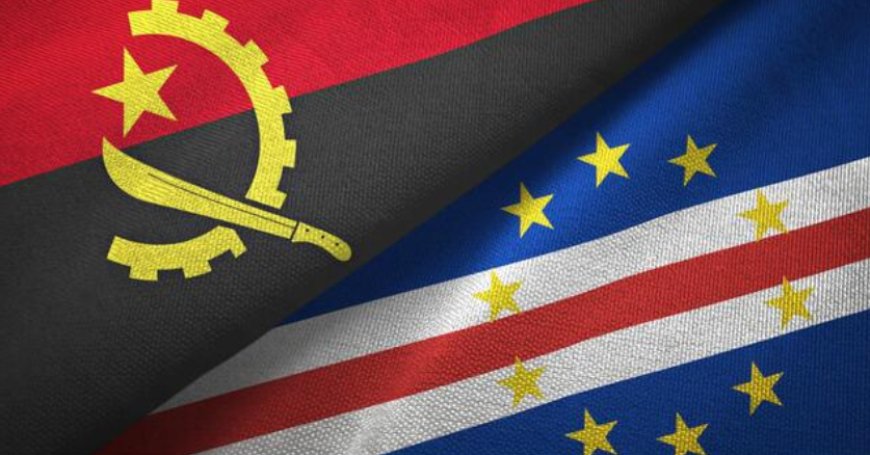
A study conducted by the Catholic University of Lisbon, in partnership with RTP and the Commission for the 50th anniversary of April 25, revealed that 58% of Angolans and 63% of Cape Verdeans believe that Portugal should return cultural artifacts taken during the colonial period, such as masks, sculptures and ritual objects.
The survey covered more than 3,000 people in Angola, Cape Verde and Portugal. In addition to the return of goods, the apology issue also generated strong opinions: 59% of Angolans and 58% of Cape Verdeans believe that Portugal should apologize for its colonial past. In Portugal, 58% of respondents reject this idea, although 54% agree with the return of the artifacts.
The Portuguese colonial past, which extended to Angola, Cape Verde, Mozambique, Brazil, East Timor and parts of India, continues to be a sensitive issue. Between the 15th and 19th centuries, it is estimated that almost six million Africans were enslaved and transported by Portuguese ships, mainly to Brazil. Even today, little is taught about this chapter in Portuguese school curricula.
As for the presence of colonial monuments, the majority of those interviewed do not advocate their removal: 58% in Angola, 83% in Cape Verde and 78% in Portugal prefer that they remain. However, 58% of Portuguese said that Portugal should build a memorial dedicated to the victims of transatlantic slavery.
A long-promised memorial to the victims of slavery in Lisbon faces political resistance and controversy, especially in a context of growing international calls for reparations and historical recognition - including from the African Union.
The far-right party Chega, which became the main opposition force in Portugal in the last elections, has positioned itself against the return of artifacts and payment of any kind of reparations.







